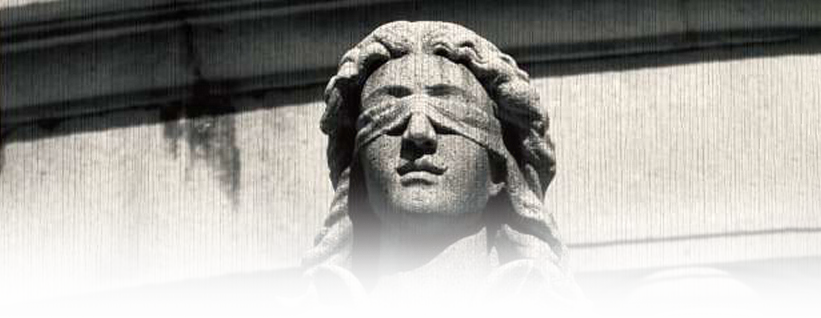





Twenty‐seven amendments have been added to the Constitution since 1789. The first ten amendments,known as the Bill of Rights,were adopted as a unit in 1791. The Bill of Rights is the most important source of limitations on the federal government's power. By its terms,the Bill is not applicable to the states,although most of its safeguards have been held to be applicable to the states through the Fourteenth Amendment Due Process Clause.
The Fourteenth Amendment prohibits states(not the federal government or private persons)from depriving any person oflife,liberty,or property without due process and equal protection ofthe law. As discussed above,this amendment is the most important source oflimitations on the states'power over individuals,since through the Due Process Clause;most of the protections of the Bill of Rights are application to the states.
The Supreme Court has allowed Congress to use Commerce Clause to limit the power of individuals over other individuals—by adopting legislation barring private racial discrimination in activities“connected with”interstate commerce. Recall that under the affectation doctrine,almost any activity can be said to be connected with interstate commerce.
The Supreme Court has also allowed Congress to limit the power ofprivate individuals to infringe upon others'rights of national citizenship(e. g. ,the right ofinterstate travel,the right of assemble to petition Congress for redress),without pointing to any specific constitutional source for the power.
The Supreme Court has found that certain activities are so traditionally the exclusive
prerogative
 of the state that they constitute state action even when undertaken by a private individual or organization. To date,only running a town and running an election for public office have been found to be such exclusive pubic functions.
of the state that they constitute state action even when undertaken by a private individual or organization. To date,only running a town and running an election for public office have been found to be such exclusive pubic functions.
“State action”also exists whenever a state affirmatively facilitates,encourages,or authorizes acts ofdiscrimination by its citizens. Note,however,that there must be some sort of affirmative act by the state approving the private action;it is not enough that the state permits the conduct to occur.